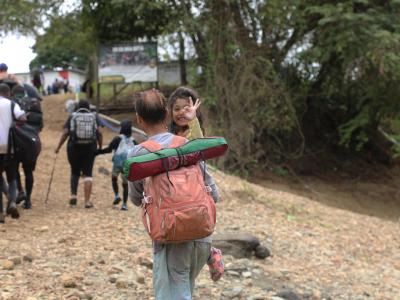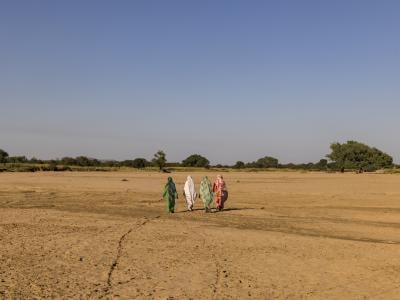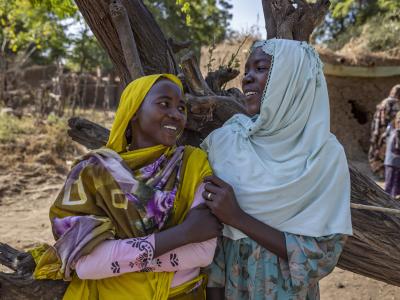Global financial needs amount to $161 million (+12% vs 2024 current budget)
Millions of people are stateless, which makes it hard to live a dignified life and exercise basic rights. Most countries have no safeguards against childhood statelessness and many do not allow women to confer nationality on their children in the same way as men. In 2025, bolstered by a new Global Alliance to End Statelessness, UNHCR will aim to persuade more States to demonstrate their commitment to tackle statelessness, while ensuring more stateless people can apply for nationality, enjoy their basic rights, and have the same access as nationals to public services and economic opportunities. UNHCR will provide States with technical assistance, work to improve the quality of data on statelessness, and hold inter-regional dialogues on ending statelessness.
Financial overview




